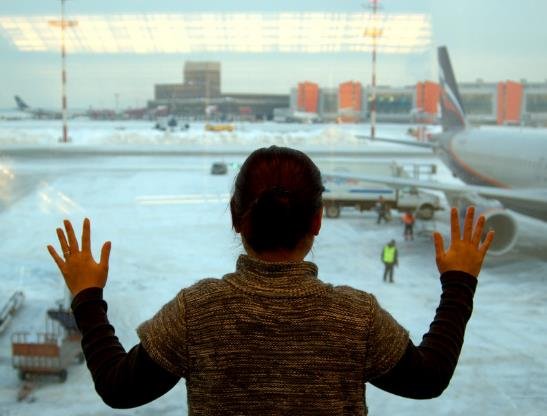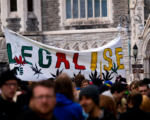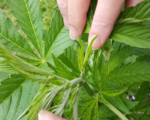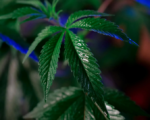Russian authorities have freed Kalob Byers, a 28-year-old American who was arrested earlier this month for carrying cannabis-infused gummies into the country. His sudden release comes just before high-stakes talks between Moscow and Washington, raising questions about the timing and possible diplomatic motivations behind the decision.
Arrest at Moscow Airport Sparks Diplomatic Tension
Byers and his fiancée, Naida Mambetova, were taken into custody on February 7 at Moscow’s Vnukovo Airport after customs officials allegedly discovered cannabis-infused gummies and marmalade products in his luggage. The pair faced serious drug smuggling charges, carrying potential penalties of up to 10 years in prison and fines reaching 1 million rubles (around $11,000).
His arrest set off alarms, with comparisons quickly drawn to past cases of Americans detained in Russia on drug-related offenses. The strict stance of Russian authorities on cannabis possession, even in small amounts, has led to lengthy prison sentences for several foreigners in recent years.

Release Coincides with U.S.-Russia Talks
Byers was handed over to the U.S. embassy in Moscow on Monday, just ahead of planned discussions between the U.S. and Russia regarding the ongoing war in Ukraine and broader diplomatic relations. A Kremlin spokesperson hinted that the release could be linked to the upcoming talks, stating that “certain events can be viewed in this context.”
The timing has fueled speculation about whether Byers’ case was used as a bargaining chip or a goodwill gesture amid ongoing tensions. The Biden administration has been vocal about securing the release of Americans detained in Russia, particularly those facing questionable or politically motivated charges.
Family Confirms Freedom, Fiancee Also Released
News of Byers’ release spread quickly. His family shared the development in a Facebook post on February 16, expressing relief and gratitude. A U.S. official later confirmed the news to the Associated Press, ensuring that Byers was now safe under American diplomatic protection.
Mambetova, his fiancée, was also released and has since reunited with her family. Details surrounding her legal situation remain unclear, but her swift freedom suggests that authorities may not have pursued additional charges against her.
Comparisons to Previous U.S. Detainees in Russia
Byers’ relatively quick release stands in stark contrast to other high-profile cases of Americans jailed in Russia over cannabis possession.
- Brittney Griner, the WNBA star, was arrested in 2022 for carrying cannabis-infused vape cartridges. She was sentenced to nine years in prison and spent 10 months behind bars before being released in a prisoner swap for Russian arms dealer Viktor Bout.
- Marc Fogel, a former U.S. diplomat and teacher, was arrested in 2021 after authorities found 17 grams of cannabis in his luggage. He was sentenced to 14 years but was freed earlier this month in another prisoner exchange after serving over three years.
The stark differences in outcomes raise questions about how Russia decides who to detain and when to negotiate their release. Unlike Griner and Fogel, Byers was freed without a publicized swap, fueling speculation that his case was resolved through behind-the-scenes diplomacy rather than a formal trade.
What Happens Next?
For now, Byers is expected to return to the U.S. in the coming days. The State Department has not released additional details about the circumstances of his release, and it remains unclear whether diplomatic talks influenced Russia’s decision.
With ongoing negotiations between Washington and Moscow, the fate of other detained Americans—including Wall Street Journal reporter Evan Gershkovich and former Marine Paul Whelan—remains uncertain. Both men are being held on espionage charges that the U.S. government has strongly denied.
As tensions between the two nations persist, the sudden release of Byers signals that Russia is still willing to engage—at least selectively—when it comes to detained Americans.
Maria Garcia is an award-winning author who excels in creating engaging cannabis-centric articles that captivate audiences. Her versatile writing style allows her to cover a wide range of topics within the cannabis space, from advocacy and social justice to product reviews and lifestyle features. Maria’s dedication to promoting education and awareness about cannabis shines through in her thoughtfully curated content that resonates with both seasoned enthusiasts and newcomers alike.








